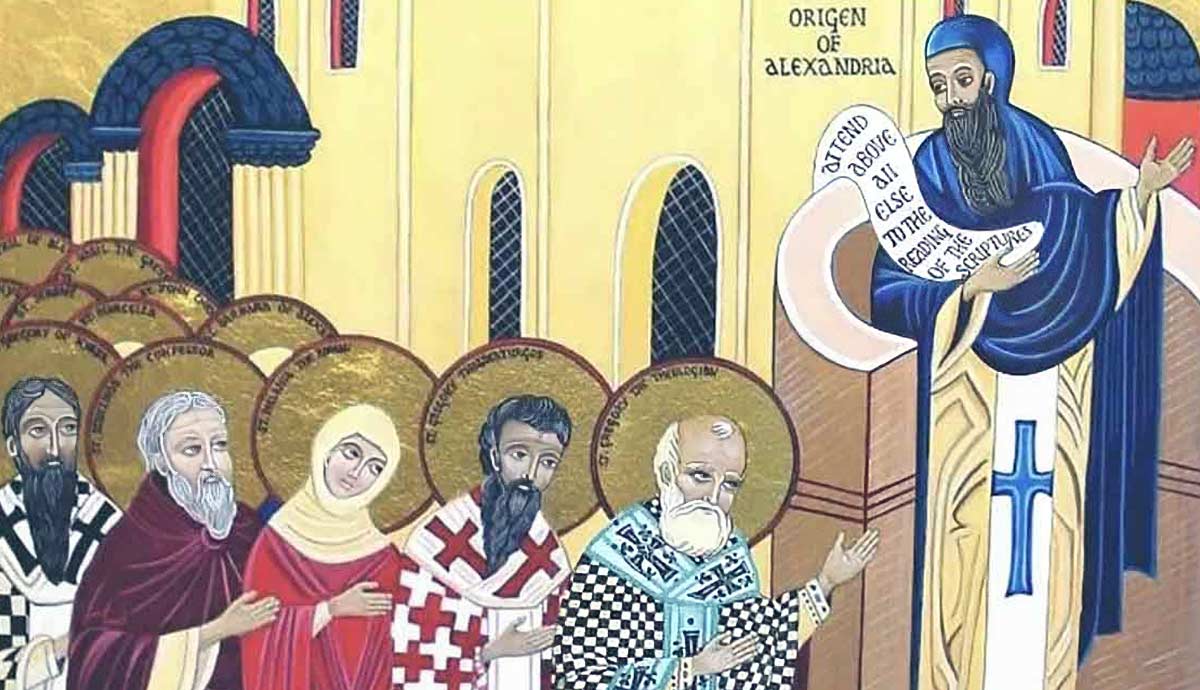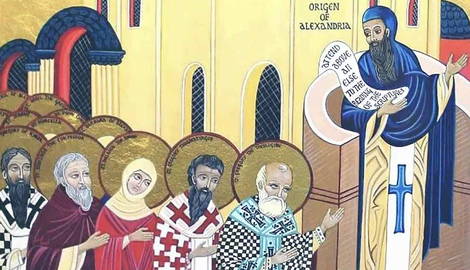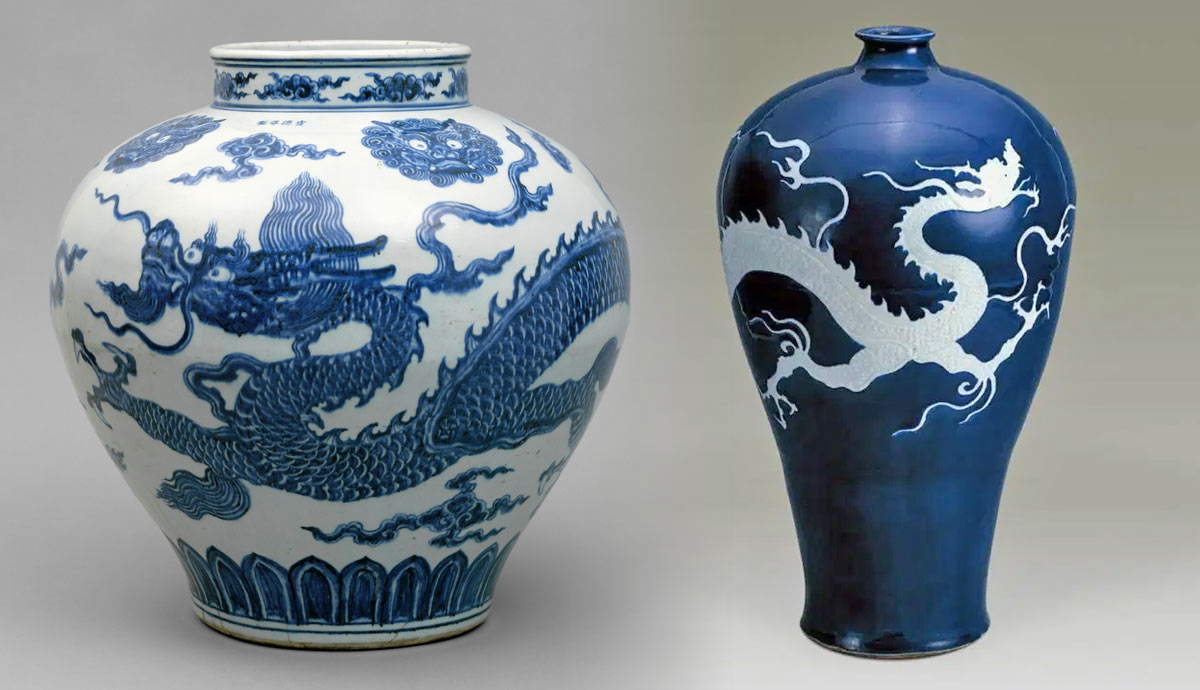
Origen of Alexandria was one of the more influential, and sometimes controversial, Christian theologians in the early Christian era following the time of the apostles of Jesus Christ. While not always orthodox (in the sense of beliefs commonly held among standard Christianity), he sought to answer many of the early issues facing the church at the time. He wrote extensively and also established one of the more important intellectual centers of Christianity in Caesarea.
His writings include the Hexapla, On the First Principles, and he also wrote multiple commentaries on many books of the Bible, as well as homilies, correspondences with many other Christian leaders and other philosophers of his time, and apologetic works defending Christianity against pagan arguments. In all, Origen wrote at least 2000 different works, and one contemporary of his even extends that number to over 6000 works.
Origen and the Hexapla

Origen’s Hexapla is considered the first “critical” edition of the Old Testament, where Origen notated the differences in various texts. The Hexapla was used by various scholars for several hundred years in the church in translating and copying the Old Testament, including the various codices which have survived to the present day, while the Hexapla’s name derives from its use of six versions of the Hebrew and Greek translations of the Old Testament.
On the First Principles

On the First Principles is the first extensive systematic theology in Christianity, covering multiple theological topics in one work. Origen compiled it in the midst of his other Christian studies. On the First Principles is organized in four parts: the heavenly world, describing the nature of God (with Trinitarian arguments); the material world, describing Christ’s incarnation and dealing with matters relating to the present world; sin and forgiveness; and reading and interpreting scripture.
He Founded a School in Caesarea

Origen helped create a school in Caesarea which produced a large number of Christian theologians and writings through the years. The school in Caesarea became known primarily for its library, commonly called the Theological Library of Caesarea Maritima. Major early Christian writers, including Jerome and Eusebius (who is from Caesarea), came there to study and translate. Over time, the library amassed over 30,000 works of antiquity and is responsible for the preservation of much of early Christian writings. Several writings which were produced or influenced or copied directly from the Library still exist.
Origen Was a Controversial Figure

While Origen produced many works held in high regard, he may have held some beliefs that are outside of Christian orthodoxy, such as the notion that all creatures will eventually be reconciled to God, and subordinationism (where the Son is eternally subordinate to the Father within the Trinity). Origen’s teachings in later years would be used to both condemn and praise him, but a large problem with early Christianity and Origen was the tendency to view Origen through modern interpretations rather than the views and practices of Origen’s own time.
Later Years

Origen had been able to evade (or simply miss) various persecutions of the church, but Emperor Decius began a persecution of Christians in 250 CE. Decius had accused Christians of causing the plague by not giving their worship to himself as emperor, and sent many to prison, including an aging Origen. Origen was tortured for two years, and never renounced his faith. When Decius was killed in battle, the Christians were released, including Origen, who never recovered and died shortly after at the age of 69.










